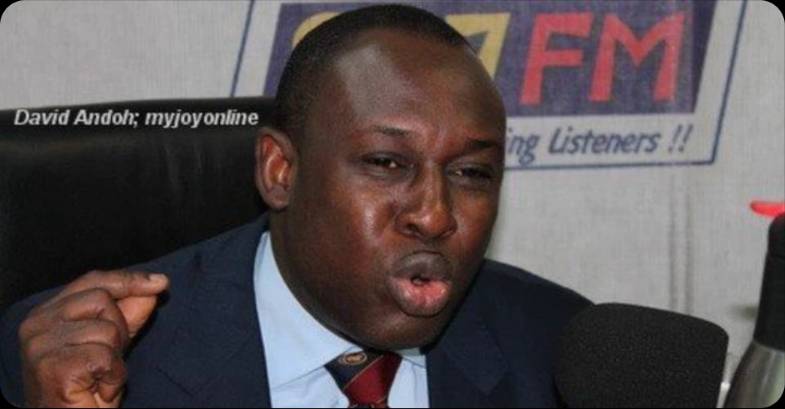In a recent development, Kofi Bentil, Vice President of Imani Africa, has shed light on the reasons behind Vice President Mahamudu Bawumia's choice to remain in his position despite publicly expressing disagreements with some of President Nana Addo Dankwa Akufo-Addo's major economic policies. Bentil's insights have sparked discussions and contemplation on the dynamics of leadership and governance within the Ghanaian political landscape.
Bentil drew an analogy between Bawumia's decision and a marital relationship, emphasizing that not all differences necessitate dissolution. This comparison brought attention to the complexities of political partnerships and the implications of resigning from a prominent governmental role. By likening the situation to a marital bond, Bentil prompted reflection on the nuanced nature of disagreements within leadership and the value of continuity in addressing challenges.
Addressing criticisms that Dr. Bawumia should have stepped down if he disagreed with governmental policies, Bentil emphasized that remaining in office does not necessarily signify endorsement of or accountability for government failures. This perspective challenges the conventional notion that dissenting officials should immediately vacate their positions, presenting a compelling argument for a more comprehensive evaluation of the Vice President's contributions to the Economic Management Team.
In a thought-provoking Facebook post dated February 7, 2024, Bentil urged for a fair assessment of Vice President Bawumia's performance in his role as the head of the Economic Management Team. This call for impartial evaluation encourages a balanced consideration of Bawumia's efforts and decisions, emphasizing the significance of his tenure in navigating economic policies and strategies.
The discourse sparked by Kofi Bentil's insights has prompted a reassessment of the expectations and responsibilities associated with high-ranking officials in the Ghanaian government. By invoking the analogy of a marital relationship and advocating for a fair evaluation of Bawumia's work, Bentil has spurred a deeper examination of the complexities of leadership, governance, and decision-making at the highest levels of authority.
As the conversation continues to unfold, Bentil's perspective serves as a catalyst for a more nuanced understanding of the intricacies inherent in the intersection of personal conviction, professional duty, and the pursuit of national progress within the Ghanaian political sphere.
This development underscores the importance of engaging in constructive dialogue and critical analysis to gain a comprehensive understanding of the multifaceted dynamics shaping the country's leadership and governance.




No comments yet
Be the first to share your thoughts!